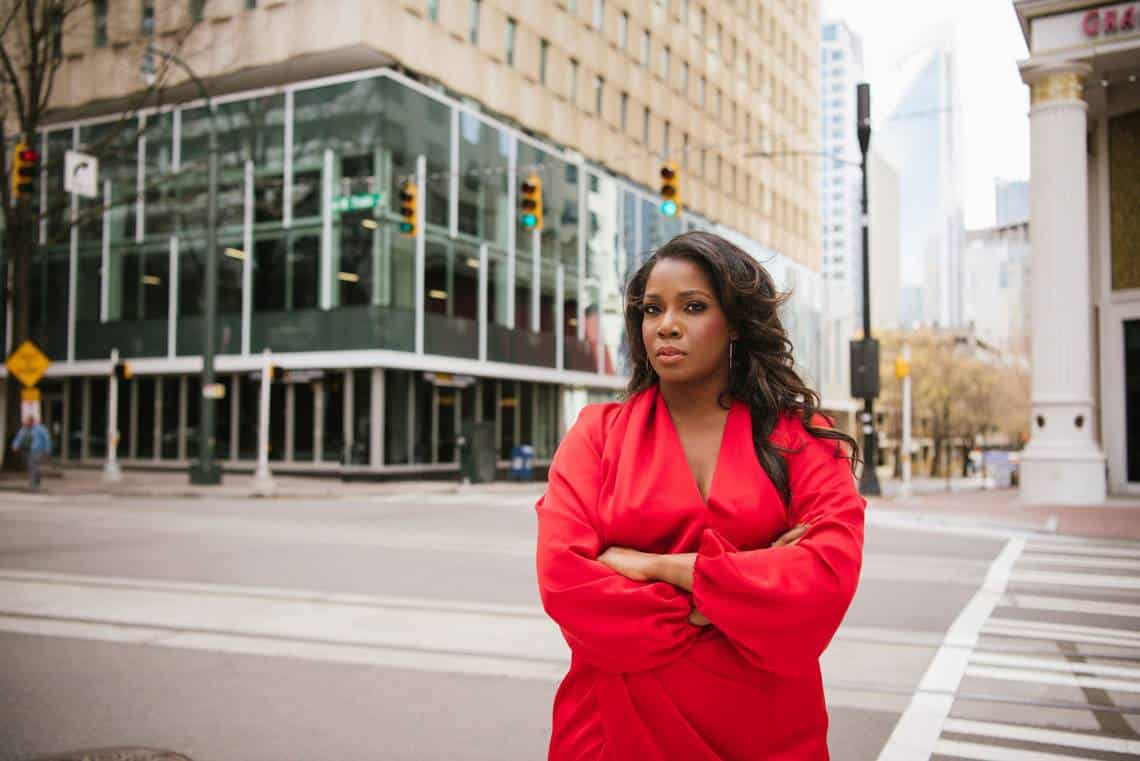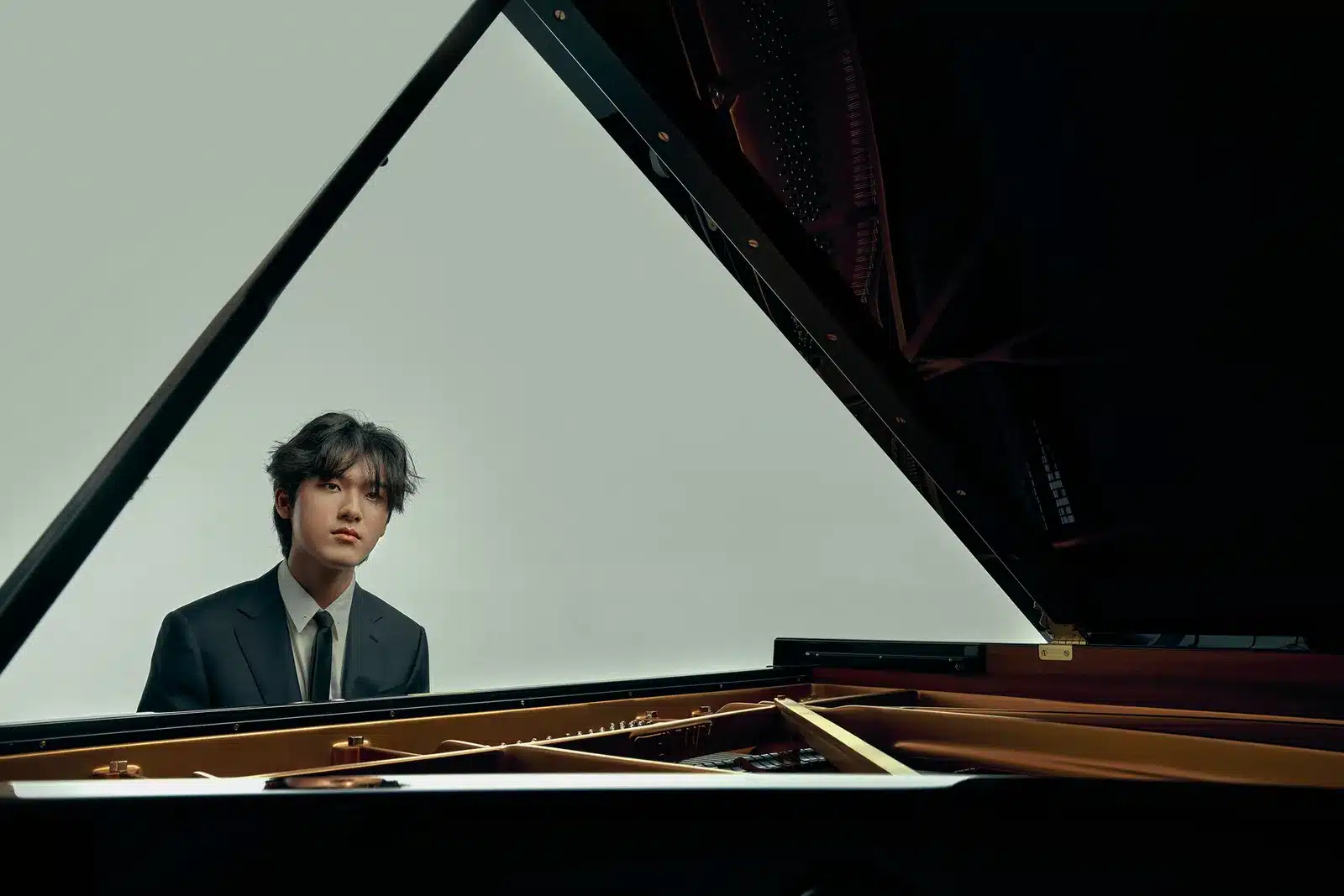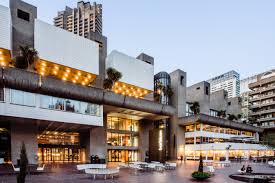Who sang the first Jerusalem?
mainSir Hubert Parry’s setting of William Blake’s ‘Jerusalem’ received its first performance on 28th March 1916 at the Queen’s Hall in London.
The conductor was Sir Henry Walford Davis. He and Parry had previously appeared together on a ‘Fight for Right’ platform and Parry gave Walford Davis the score with the words, ‘Do whatever you like with it.’
It quickly became one of the most popular English anthems, sung without fail at the Last Night of the Proms.
There was a boys’ chorus of 300 at the world premiere. Can anyone verify which schools sent their boys to the choir? We have some readers who are most anxious to know ahead of the centenary.






Comments